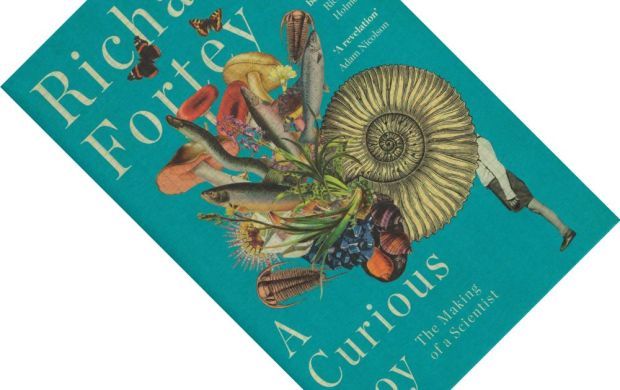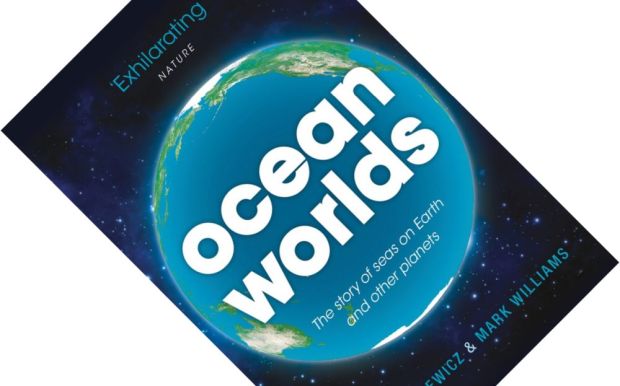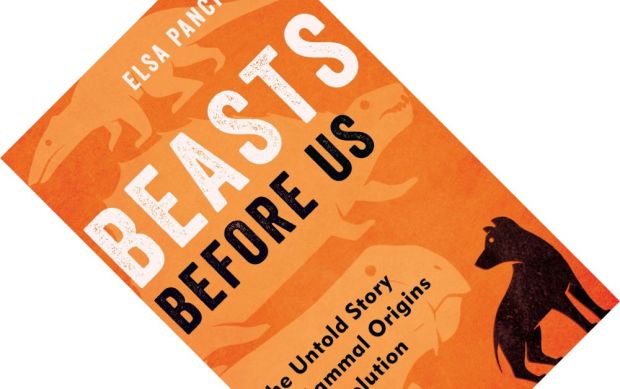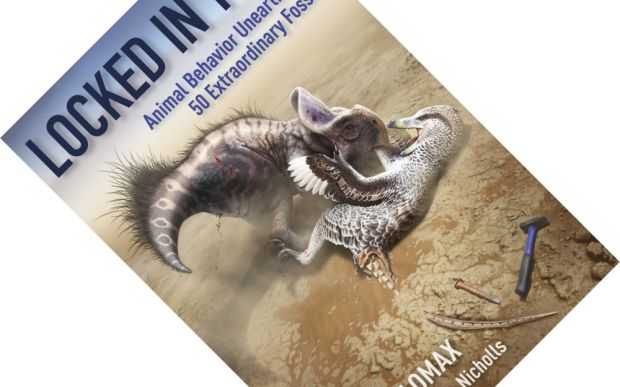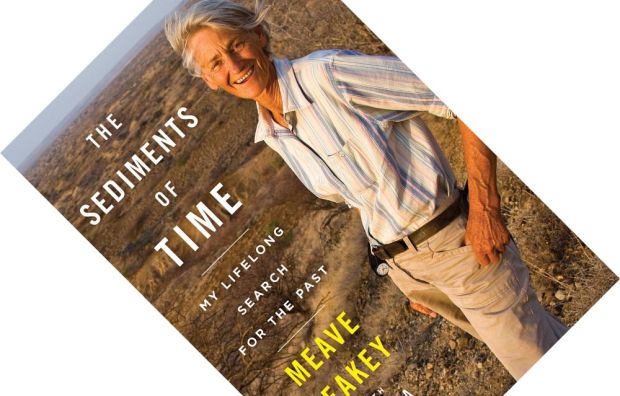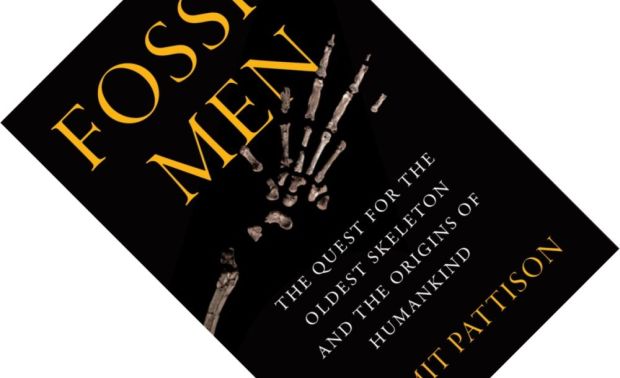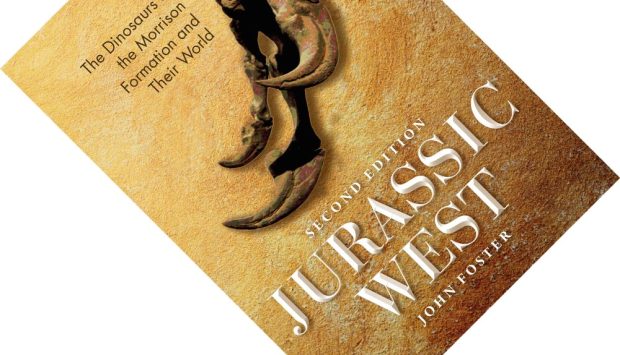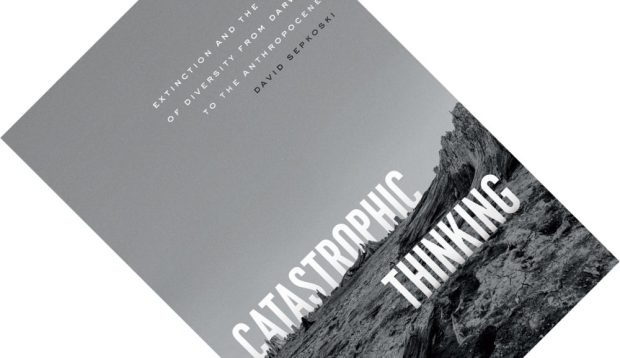6-minute read
Say “dinosaurs”, and most people imagine fossilised bones and spectacular museum displays. But body fossils are not the only remains we have with which to reconstruct dinosaur lives. Nor, and this might sound controversial, are they the most important. Or so argues palaeontologist, geologist, and ichnologist Anthony J. Martin. Ichnology is the study of animal traces, whether modern or fossilised. Most traces are ephemeral and disappear within hours or days, but occasionally some are buried and end up in the fossil record. With tongue firmly planted in cheek, and with more puns than you can shake a T. rex thigh bone at, Martin forays into the rich dinosaur trace fossil record: from footprints, burrows, and nests, to teeth marks and fossil faeces. For all the jokes, and despite having been published in 2014, he raises some really interesting points.
 (more…)
(more…)

